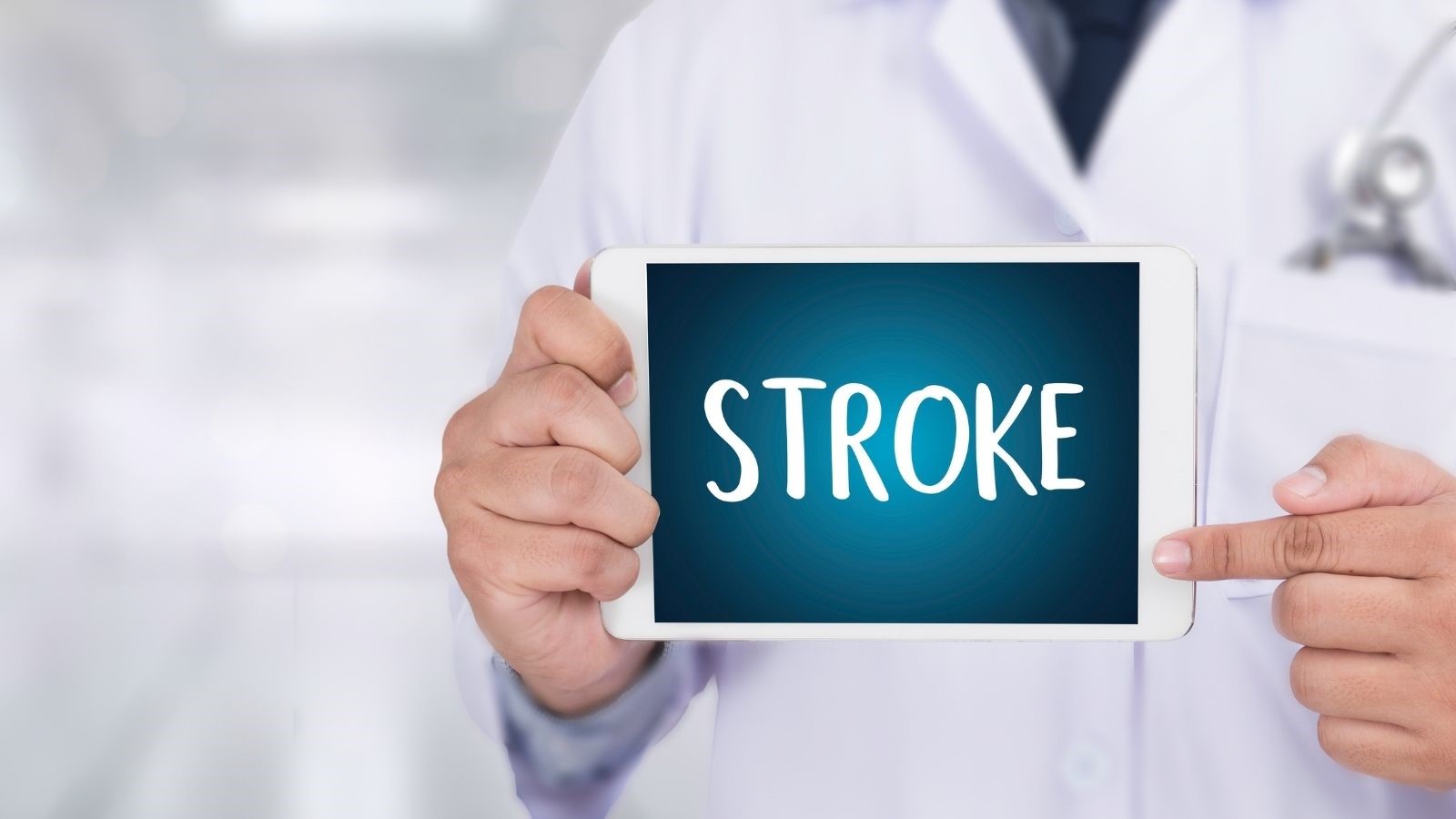
Did you know that during a stroke, nearly 2 million brain cells die every minute?
That’s why receiving fast treatment is critical. Without this treatment, a stroke can lead to serious brain trauma as well as a lifetime of disability and impairment.
Early recognition and treatment are the keys to preventing permanent disability and making a full recovery.
The National Stroke Association (NSA) knows that individuals and family members can survive a stroke if they know what to look for. And the NSA has dedicated the entire month of May - National Stroke Awareness Month - to bring awareness to learning the risks and signs of a stroke.
But I’m Too Young to Have a Stroke!
This is a common misconception.
In reality, a stroke can happen to anyone and at any time. Even babies suffer strokes.
Strokes are the fifth leading cause of death in the United States and a leading cause of severe disability.
If you suffer one stroke, you are significantly more likely to suffer further strokes. Sadly, up to 80% of all strokes are preventable.
Know the Signs of a Stroke
You and your loved ones can improve your chances of recovery by recognizing the signs of a stroke. The faster you can act and call 911, the greater your chances of avoiding serious disability and brain loss.
That’s why the stroke awareness campaign focuses on F.A.S.T. This stands for:
- (F) Face Drooping
- (A) Arm Weakness
- (S) Speech Difficulty
- (T) Time to call 911
This acronym helps individuals and family members recognize the signs and remember to seek help FAST!
Other signs of a stroke include:
- Numbness in extremities
- Sudden confusion
- Trouble seeing
- Dizziness or loss of balance
- Severe headache
Treatment for a Stroke
Thanks to medical advances, there are now new and exciting treatment options available to stroke victims. However, some of those options depend on getting to the hospital quickly.
If you can get to the hospital within three hours of the onset of a stroke, you may receive a medicine known as a thrombolytic. This drug breaks up clots in the brain and can improve recovery significantly.
One popular thrombolytic is known as tPA. tPA improves the chances of recovering from a stroke. If you receive tPA, you are more likely to recover fully, have less disability, and less need for a long-term care nursing home.
Other stroke treatments include brain surgery and endovascular procedures.
But even if you receive aggressive medical treatment, you will likely need long-term rehabilitation following your stroke. Therapists may need to help you learn to walk, talk, and even care for yourself in the way you did before.
Requirements for Qualifying for SSDI After a Stroke
After you suffer a stroke, your life may not be the same. You may have suffered permanent damage resulting in long-term disability. Stroke victims may find that they can no longer work or maintain employment. As a result, they need Social Security Disability Income (SSDI) assistance.
To get SSDI assistance and benefits, you must qualify. The Social Security Administration ‘Blue Book’ defines the requirements for qualifying for SSDI after a stroke. Your stroke must have impacted your life in one of the following ways.
11.04 Vascular insult to the brain, characterized by A, B, or C:
A. Sensory or motor damage resulting in ineffective speech or communication for at least 3 consecutive months after the stroke.
OR
B. Disorganization of motor function in at least two extremities resulting in limitation, such as the inability to stand, balance, or use those extremities for at least three consecutive months after the stroke.
OR
C. A significant limitation in physical functioning and in one area of mental functioning for three consecutive months, such as:
a. Understanding or applying information
b. Interacting with others
c. Concentrating
d. Maintaining pace
e. Adapting
f. Managing oneself
If you meet these criteria, you may be eligible for SSDI assistance and benefits. An experienced SSDI lawyer can help you through the process of applying for benefits.
Contact Me for Help in Your SSDI Case
When evaluating your case and determining disability benefits, the SSA will review more factors than just your stroke. We can help you through the process of collecting disability benefits after a serious stroke. We know the ins and outs of disability law, and we offer compassionate, complete legal guidance through it all.
Contact us at 703.241.2625 or request a consultation and begin getting the help you need.








